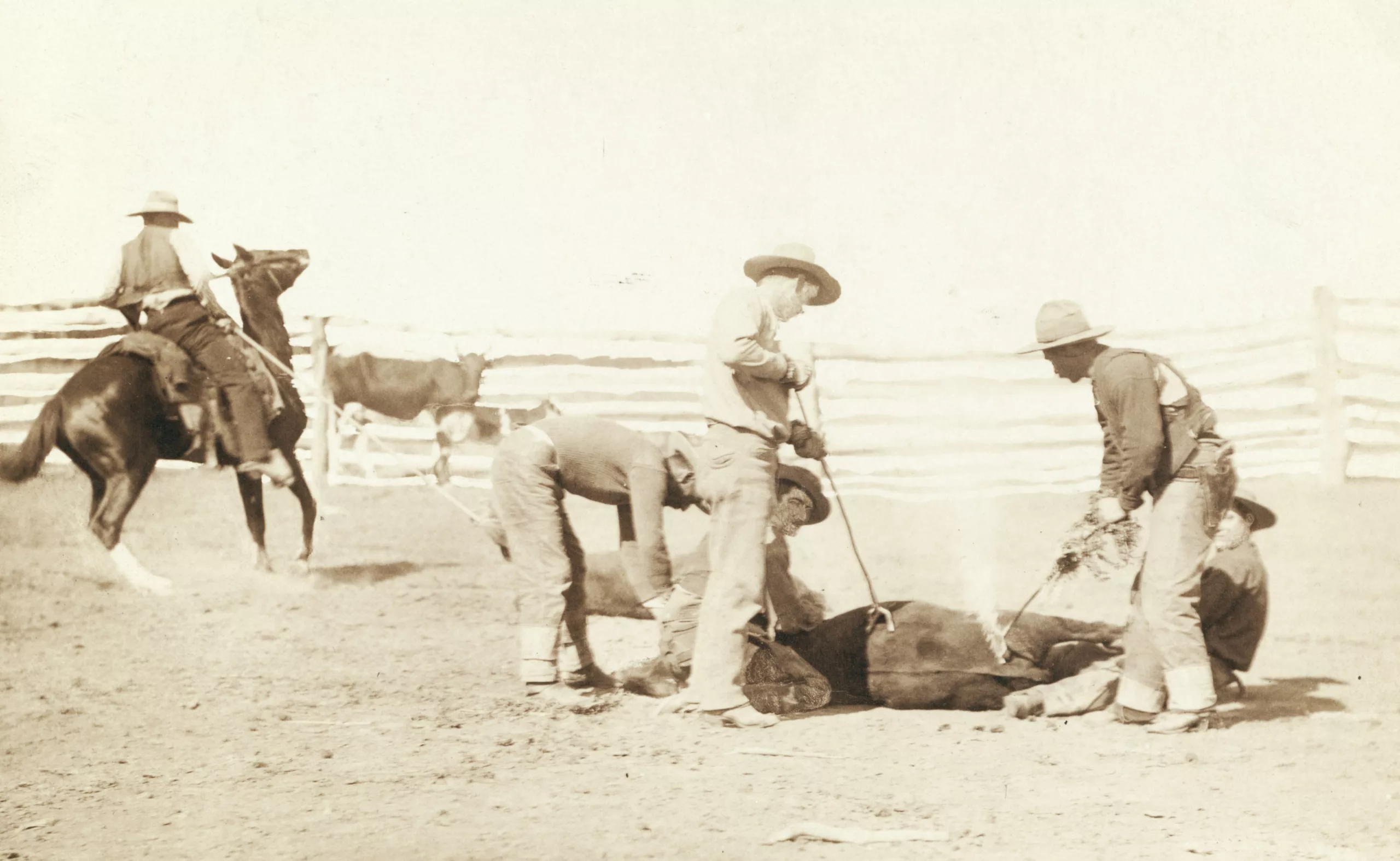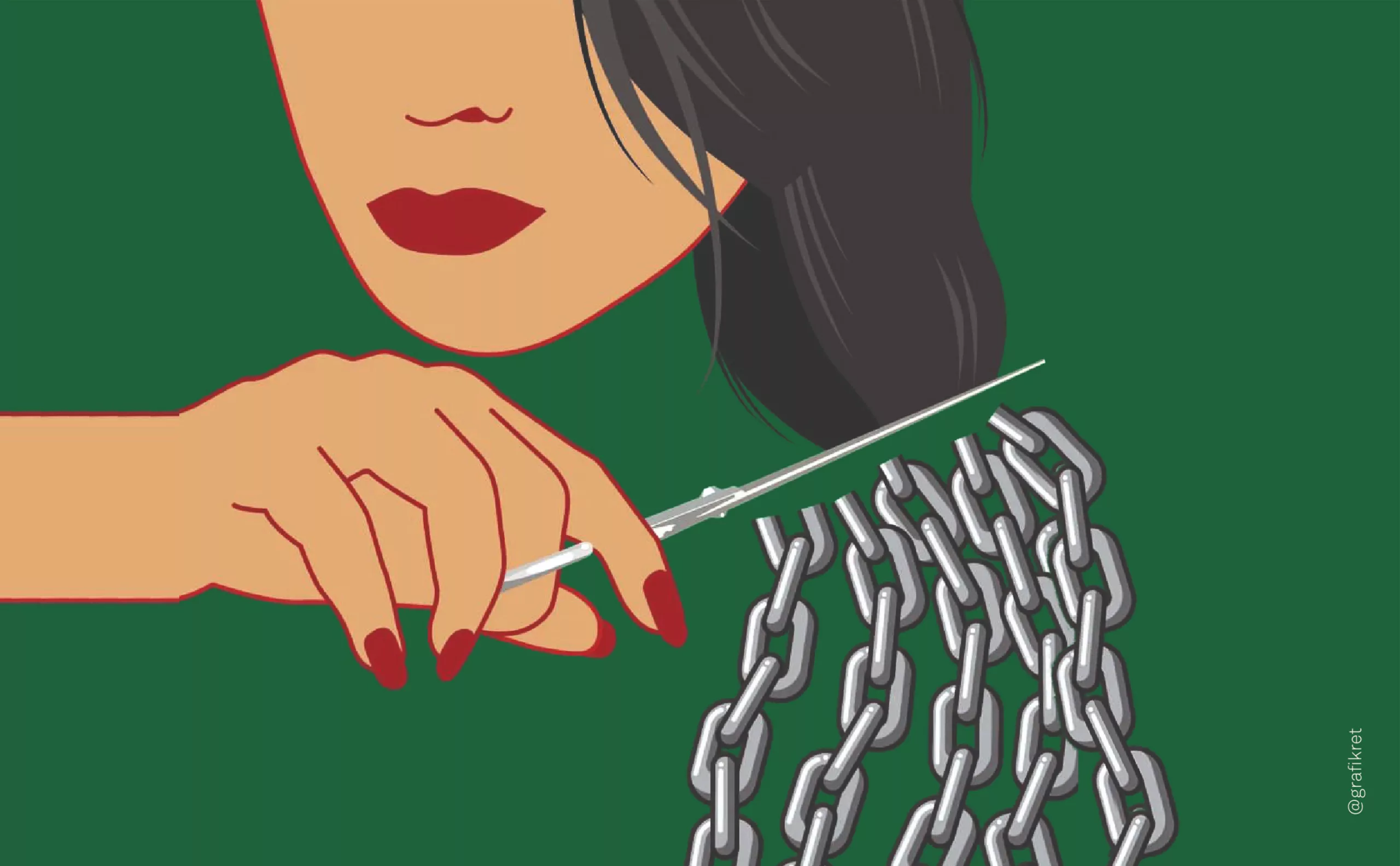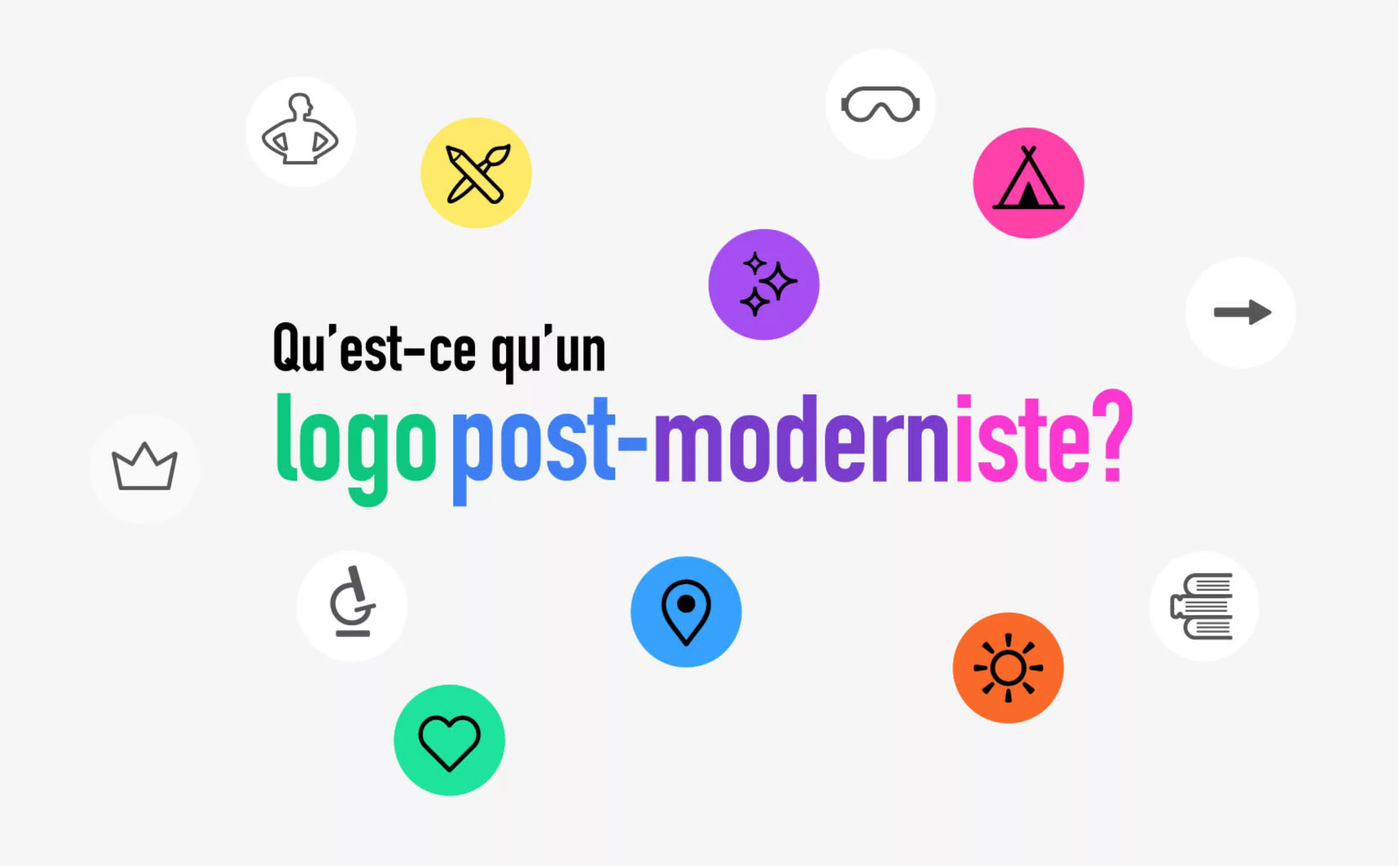A short history of the word “Branding” !

What is a brand ?
The Anglo-Saxons call it “brand”, “branding” being the activity of designing “brands”.
The term has become so widely used in professional jargon that I have never questioned its deeper meaning. Why isn’t the French word “marque” translated as “mark” in English?
While the translation of “graphic” by “graphique” has never posed an existential question for me, the translation of “brand” by “marque” is more surprising. Must we necessarily perceive an identical meaning for these two words? We need to delve into the etymology of the words to find the beginnings of an explanation.
Some etymology
Words retain traces of their history, of their journey through the centuries. For example, the french word “travail” does not have the same deep resonance as “work”. The French word comes from the Latin “tripalium”, an instrument of immobilization (and torture!) whose three points have nothing to envy the fact of punching in at the factory. Subsequently, the name of this Roman instrument was used to designate the state of a person in pain, a meaning still used in obstetrics. When a mother-to-be goes into labor, it means she’s starting to suffer! By extension, the word was used to designate arduous occupations, then production activities… in short, a sympathetic story, far from that of the English word “work” inherited from Old German, who had borrowed it from the Greek “ergon” meaning “an activity / an action”.
Etymology, the unconscious of language, tells us a lot about the meaning of words. So why do we use “Brand” on the other side of the Atlantic and “marque” in Gaulish lands ?
In English, there are two words: “brand” and “mark”. The first is used in technical language, the second in everyday language. In French, the same word is used in everyday language to designate “a trace or imprint left by something or someone”, and in professional language to designate “a sign or name used to identify a product or service”.
The word ” marque ” (=brand) has its origins in the Proto-Germanic word ” marka ” meaning ” border / border / border demarcation sign “. The word’s origin crosses that of “marcher”(=walk), itself derived from the Frankish “markon” meaning “to imprint with the foot”. This is the meaning it has retained in French.

Brander, brandir, branler…
The word “brand” comes from the Proto-Germanic “brandaz”, meaning “to burn”, and in Low Franconian “brand”, meaning “blade” or “sword”. The only traces of this word in French are found in the word “brandir”(=brandish) (to wave a weapon in one’s hand, as if preparing to strike) and in the astonishing derivative “branler” (=jerk) (to make move, originally to wave a weapon). In English, the term refers to the mark made on an animal to identify its owner. A name or symbol was usually branded onto the animal… a bit brutal! We will be coming back to this practice and the astonishing typographic codification developed by the “cowboys” in a future article !
Branding be damned
What traces has its warlike (sword) and violent (burn) history left in the unconscious of the word “branding” ?
It’s hard to take a peremptory tone and throw this term on the pyre, but perhaps we should just underline consumers’ growing distrust of brands. Accused of invading public space and having no ethics other than profit, brands are, despite themselves, the standard-bearers of capitalism. One only has to look at the worldwide success of Naomi Klein’s book No Logo to perceive the legitimate distrust that society can have towards brands.
Is the archaic view, unfortunately the most widespread, that “the whole strategy of marketing, of branding, is to tattoo the brand on the consumer’s mind” explained by the etymology of the words?
Etymologically speaking, you can’t try to “brand” consumers* without being disapproved of in return! Clearly, this is the wrong way to go about one’s job as a communicator !
To communicate is to dialogue, exchange and share. As Marie-Claude Sicard says in her book “identité de marque”, to communicate is to begin by assuming the freedom of the other, and not that of its weakness or republication. Communicating is anything but trying to brand people like cattle !
* Consumer : a consumer doesn’t exist. There are only individuals. At most, the “consumer” is a character trait present in each of us, which expresses itself a few minutes a day, most often without our knowledge. To address a consumer is to deny that 99% of the time he or she is a man, a woman, a nurse, a father, a graphic designer… a person who is multiple, complex and, above all, unique! There is no way of separating the consumer from the whole human being. That is why the rules of “human” communication should apply, not the dictates of relationship marketing.


